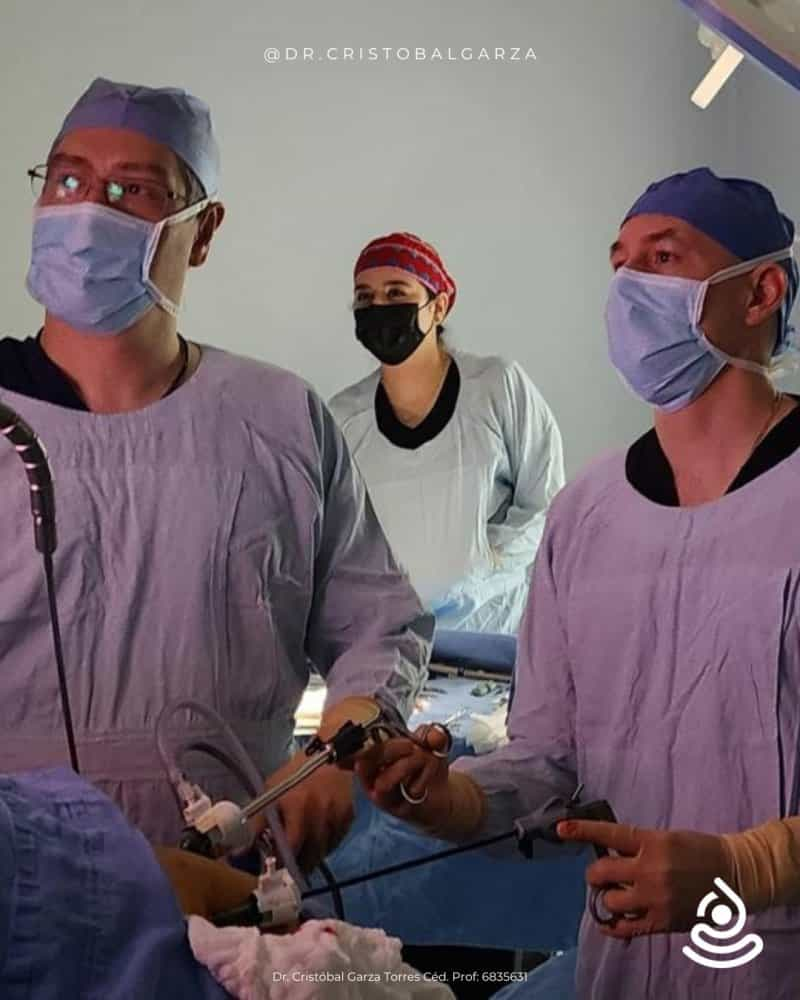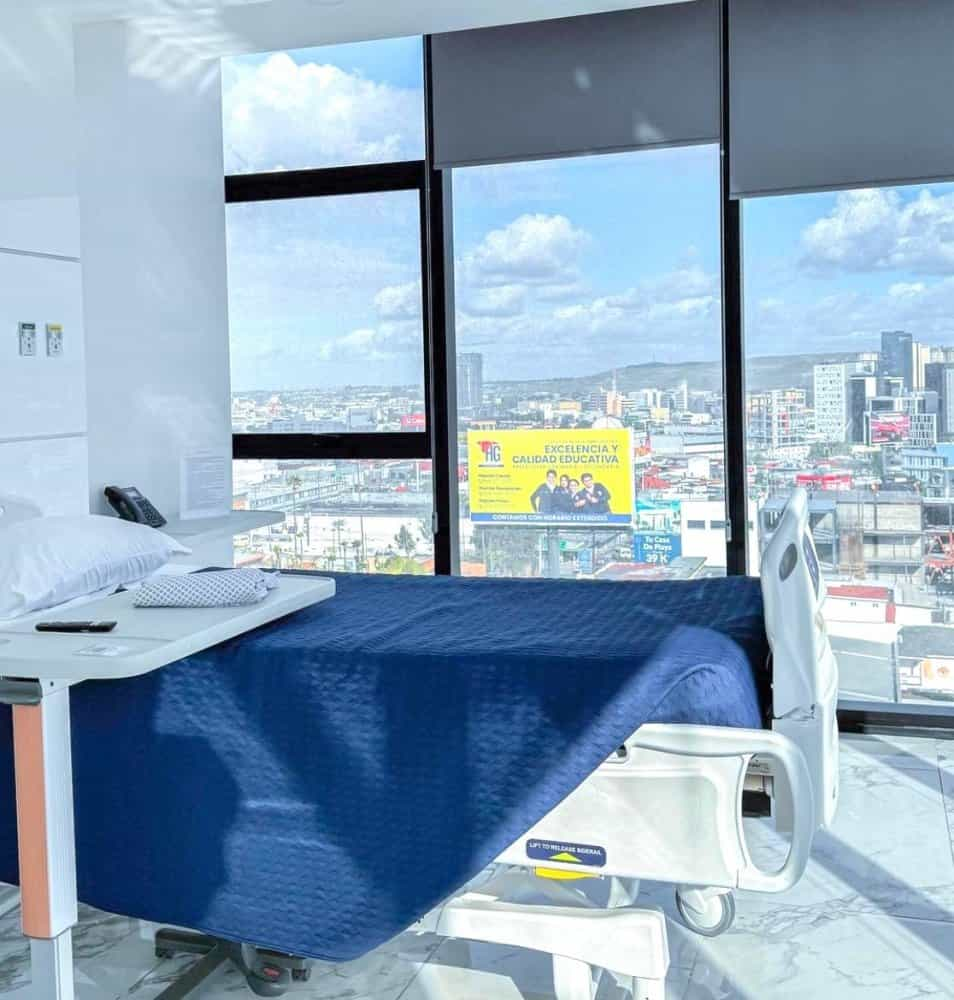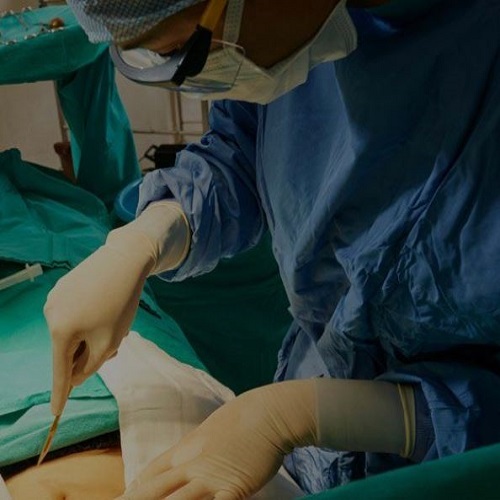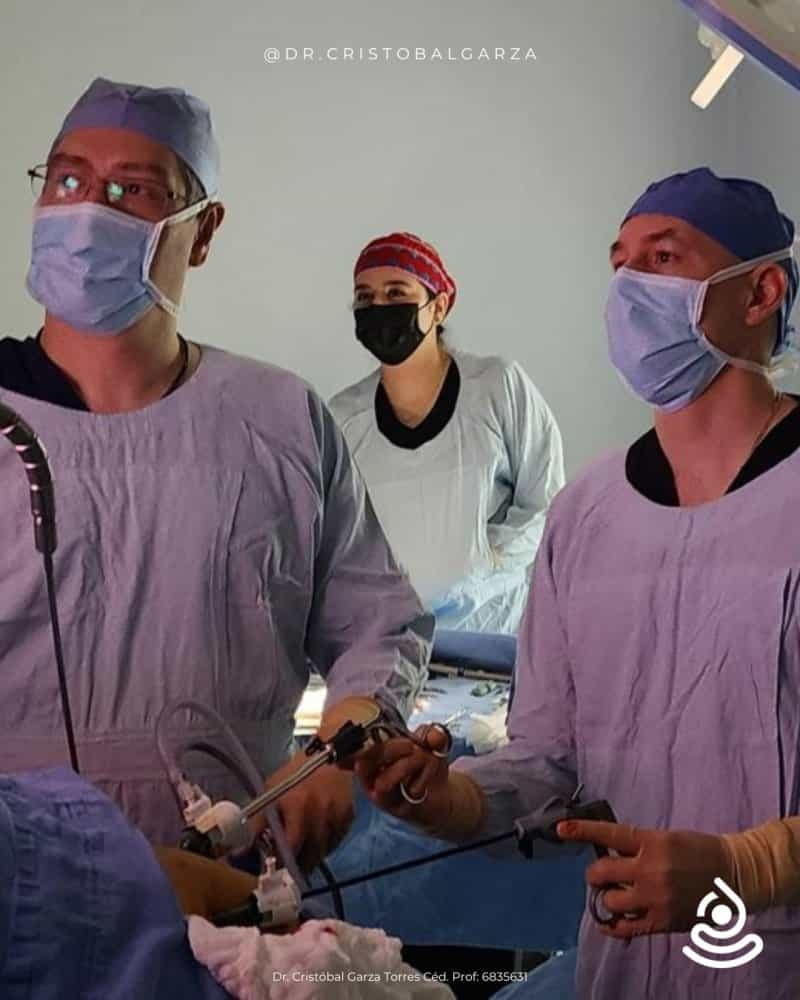Teen obesity has reached nearly epidemic proportions in recent years. The American Heart Association and the U.S. Centers for Disease Control and Prevention state that between 15% and 33% of adolescents in the United States alone are overweight. The increase in overweight and obese teenagers has also increased the number of teens being diagnosed with diabetes, hypertension, high cholesterol, and other physical problems.
Obesity is defined as a body weight roughly 10% higher than recommended according to body type and height. Unfortunately, obesity causes an alarming 300,000 deaths annually in the United States alone, at a cost of nearly 1 billion dollars a year.
According to the American Academy of Child and Adolescent Psychiatry, medical conditions and disorders are responsible for approximately 1% of all teens diagnosed as being overweight or obese, while overeating and lack of exercise make up the majority. Major contributing factors to teen obesity include:
- Low self esteem
- Lack of exercise
- Poor eating and nutritional habits
One can argue that the plethora of fast food restaurants on every corner has contributed to the general rise of weight in teens caused by high fat, high calorie, and high sugar menu items. In addition to the physical manifestations that obesity may cause, teens who are overweight may also experience emotional difficulties, that when coupled with obesity, may cause anxiety, depression, withdrawal, lack of self-confidence and self-esteem and even the development of some obsessive-compulsive disorders.
Treatment of Obesity in Teens
Obesity in teens may be treated with a variety of options, from medications to surgery. However, any weight loss treatment for teenagers should focus on providing long-term benefits that includes education regarding exercise programs, building healthy and nutritional dietary habits, and family support.
Weight loss treatment centers and support groups are a growing popular option among teenagers, as are adolescent weight loss and obesity surgical procedures. Nevertheless, teen bariatric surgical procedures represent less than 1% of weight loss surgical procedures, based on the Archives of Pediatrics and Adolescent Medicine.
In most cases, bariatric surgeons will only recommend bariatric surgical procedures if weight may potentially cause more harm to the teenager's health than potential surgery risks. Still, gastric banding is one of the most commonly performed weight loss surgical procedures for teens, coupled with a multi-disciplinary approach to weight loss and weight loss management that includes nutritional education by certified nutritionists, psychological counseling by trained and experienced psychologists, and certified fitness instructors.
Considerations for Teen Obesity Surgery
The American Academy of Pediatrics devised guidelines under which teenagers might be considered for weight loss surgery. These guidelines include:
- Failure, following six or more months, of continuous attempt at weight loss or weight management programs.
- Requiring the teen to have attained full skeletal growth, meaning 13 years of age or older for girls, and 15 years of age or older for boys.
- Body mass index (BMI) greater than 40 with a obesity-related problem such as diabetes, sleep apnea, high blood pressure, joint problems, or breathing difficulties, among others to be determined by the teenager's physician.
A teenager undergoing weight loss treatments or procedures should be willing, able and mature enough to maintain a strict nutritional diet that adheres to bariatric surgery guidelines following surgery such as gastric bypass or lap banding.
The two most commonly performed weight loss surgical procedures for teens have included the Roux-en-Y gastric bypass and adjustable gastric banding procedure. Roux-en-Y gastric bypass involves stapling a portion of the stomach and attaching a Y-shaped section of the small intestine to the newly created stomach pouch so food bypasses the first portion of the intestine, reducing the amount of food digested and absorbed by the body.
Lap banding utilizes the placement of an elastic band around a portion of the stomach to decrease its size. This procedure is adjustable and removable.
Conclusion
While bariatric surgery may provide physical benefits and aid to weight loss endeavors for teenagers, such procedures must be combined with education, counseling, and support in order to be successful and to encourage long-term weight loss and weight loss maintenance.
Please Click here to request more information and learn about obesity medical centers.






.png)
.png)










.png)


